How can a drug used to treat cancer be effective against viruses, too? The answer lies in the drug's shared target — specifically, cellular components that control the activity of genes. A new research study showed that one such type of drug, histone methyltransferase inhibitors used in cancer clinical trials, has activity against herpes simplex virus, too.
Thomas Kristie, a principal investigator at the National Institute of Allergy and Infectious Diseases, has focused on epigenetic regulation — what genes are active in a herpes infection and what controls their activity. Histone methyltransferase enzymes are involved in reading genes for processing, as well as regulation of DNA repair and cell death, processes altered in both cancer and herpes viral infections. The enzymes are an epigenetic target shared by both cancer cells and herpes simplex.
The research is described in a report published August 15 in mBio.
Epigenetic Forces
The term "epigenetics" refers to cellular processes that change the activity of genes without changing the genes themselves. Specific chemical groups can be added to a strand of DNA, or the structural proteins associated with it, to turn the genes in that strand of DNA on and off. These include the processes of methylation, acetylation, phosphorylation, ubiquitylation, and sumoylation.
These processes occur regularly to our genes due to constant exposure to external and internal factors and allow our bodies to adjust to changes around us. For example, a mother's diet and stress influence a developing fetus and can cause epigenetic changes. These changes are also involved in diseases, like in the case of ubiquitylation of DNA. This process is involved in cell growth, cell death, and DNA damage repair, but cancer cells and viruses can use ubiquitination to increase their survival and prevent cell death.
Besides cancer and viruses, other forces can impact epigenetic regulation. Heavy metals, pesticides, diesel exhaust, tobacco smoke, heterocyclic amines (chemicals formed from cooking meat at high temperatures), hormones, radioactivity, microbes, and nutrients can all cause epigenetic changes.
For example, folic acid supplementation in pregnant women has resulted in a greater than 70% reduction in the incidence of fetal neural tube defects, but a study done in mice showed that it could also produce epigenetic changes. The study showed that folic acid supplementation of pregnant mice resulted in offspring with particular DNA methylation pattern that differed from offspring of mice whose mothers received a low dose of folic acid. The pattern of DNA methylation in the supplemented mice involved genes associated with autism spectrum disorder. The authors of the folic acid study suggested that epigenetic changes to genes involved in brain development by folic acid may contribute to the increase in neuropsychiatric conditions, like autism, seen in recent years.
Until a report in 2005, scientists believed that these kinds of epigenetic changes were not passed down to offspring through their parents' egg and sperm cells. That report, however, suggested that changes may persist through four generations. The researchers exposed pregnant rats to the pesticide methoxychlor, where it caused methylation of two genes. The methylation resulted in decreased sperm count and infertility in male offspring that lasted four generations.
In many viruses, including herpes simplex, epigenetic regulation is a factor in producing infections, and in their ability to persist or to be latent and ready to activate later. Kristie and his team realized that was a place that could be targeted to stop infections, using drugs already in development for cancer.
From Cancer Treatment to Anti-Viral
The main target of these drugs is the enzyme EZH2/1, an acronym which stands for histone-lysine N-methyltransferase. Inhibitors of these enzymes can create epigenetic changes by suppressing gene transcription, the process whereby the cell translates the information encoded in DNA into a protein.
Several drugs currently under development or evaluation in cancer clinical trials turn off EZH2/1. Scientists think that in some cancers, the EZH2/1 enzyme turns off genes called "anti-oncogenes." These anti-oncogenes turn off cancer-promoting genes, called "oncogenes," so if the anti-oncogenes are turned off, these cancer-promoting genes get free reign to make the cell go wild and cancerous. The theory goes that if you turn off the EZH2/1 enzyme with an inhibitor, the anti-oncogenes genes would turn back on, repressing the oncogenes, and fighting cancer.
Similar kinds of epigenetic changes are players in herpes infections. After an infection with herpes simplex virus, epigenetic changes in the virus turn it dormant, where it lays in wait in sensory neurons of the body. Eventually, biological or stress stimuli can revert these epigenetic changes to reactivate its genes and cause recurrence of the infection. Researchers in the new study evaluated the impact of a series of EZH2/1 inhibitors on herpes simplex virus.
An unexpected finding of the study was that treatment with the EZH2/1 inhibitors increased anti-viral activity by processes that went beyond the inhibition of the histone-lysine N-methyltransferase enzymes. The inhibitors prevented viral genes from causing viral replication in test tube experiments, and in mice they suppressed infection and helped bring immune cells to the site of the infection to fight it.
Kirstie and his team performed experiments with other viruses, including cytomegalovirus, adenovirus-5, and Zika and found the inhibitors produced anti-viral effects in them as well.
"In addition to their anti-oncogenic potential, EZH2/1 inhibitors may have a role as general antivirals for short-term enhancement of viral clearance, for suppression of persistent infections and drug-resistant mutants, or as enhancers of immune responses where no specific pharmaceutical antiviral is available," Kirstie said. "Epigenetic inhibitors currently in clinical trial for cancer therapy may provide an initial therapeutic resource for new or emerging pathogens."
Just updated your iPhone? You'll find new emoji, enhanced security, podcast transcripts, Apple Cash virtual numbers, and other useful features. There are even new additions hidden within Safari. Find out what's new and changed on your iPhone with the iOS 17.4 update.
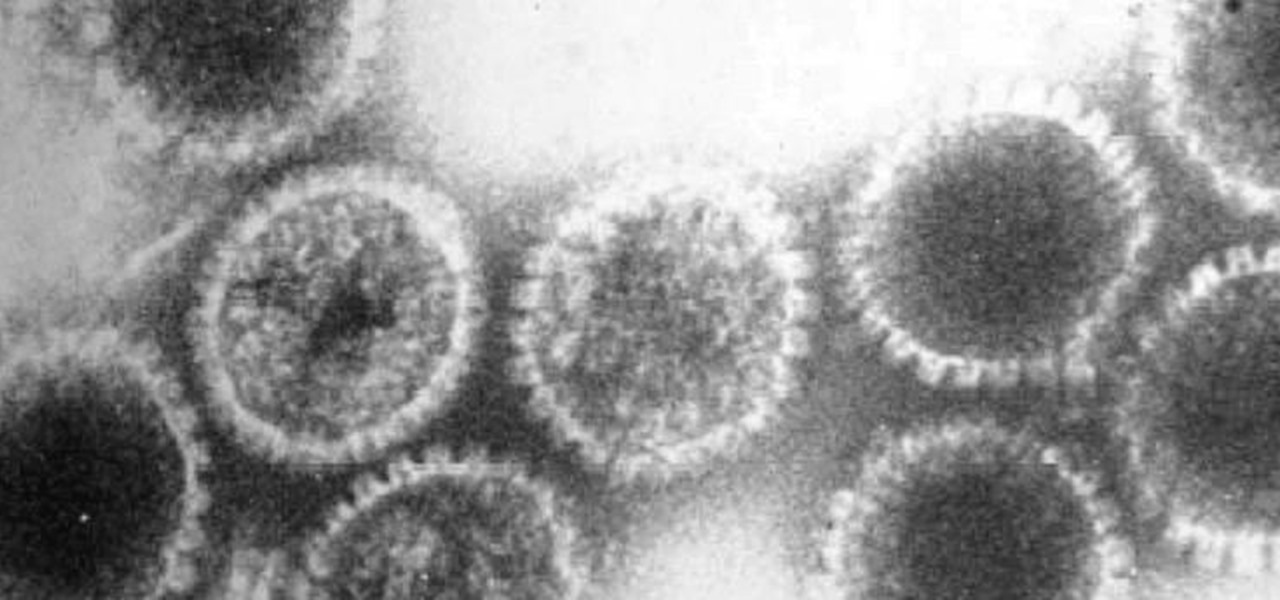








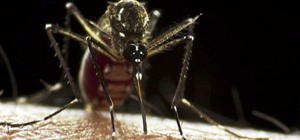
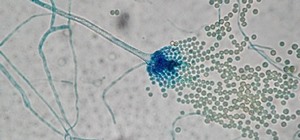




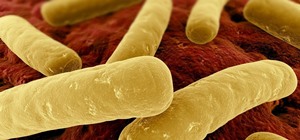


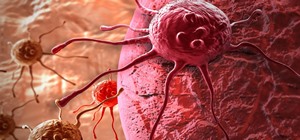


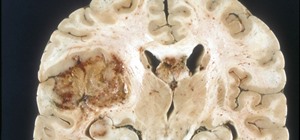
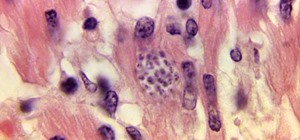
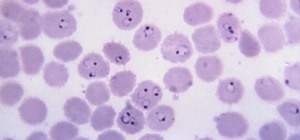
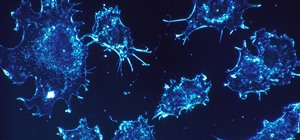

Be the First to Comment
Share Your Thoughts